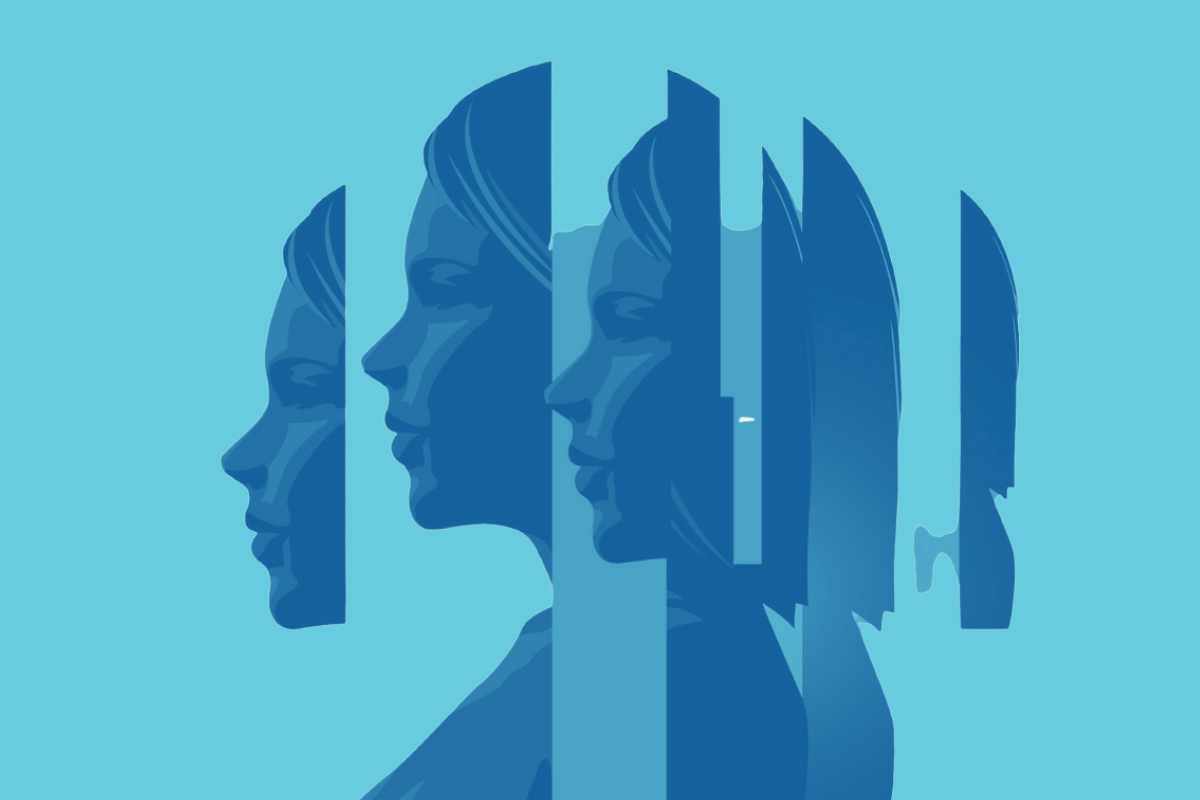When most people think of addiction, they think drugs, gambling or substance abuse. But there are other forms of addictions. Gaming addiction is one of them. If you have a loved one who is suffering from this addiction then here is guide for you to find out more about it and help those loved ones.
Symptoms:
Like those affected by substance-related addictions, addicted computer gamers also show the typical signs of an addiction.
Strong demand
Computer game addicts feel an almost irresistible urge to sit down at the computer and play. This can go so far that not only tasks and social contacts, but even basic needs such as sleeping, eating, and drinking are neglected.
Loss of control
Once people with addiction to computer games sit in front of their computers, there is no stopping them. Even if you make a firm commitment to play for a limited time only, you cannot stick to it and play hour after hour.
Inability to abstain
If those affected recognize that they have a problem or if there is pressure from their environment, they often try to restrict their play. Most of the time they fail, or only last for a short time.
Withdrawal symptoms
Computer game addicts do not get physical withdrawal symptoms as in substance addiction. However, they get anxious, depressed, or nervous if not allowed to play for any reason.
Tolerance Formation
Another thing common in people with addiction is tolerance formation: The brain becomes dull over time, so the quantity of whatever drug the person is taking needs to be increased to get the desired “kick” again. When applied to the gaming addiction, this means longer and longer playtime, or that the kick is only triggered by reaching a higher game level.
Continuing the behavior even when faced with negative ramifications
Like any other addiction, addicted gamers can’t restrict or give up their behavior, even if they face massive consequences such as job loss, separation from their partner, Or huge financial loss due to spending all their money on games, or even at times on virtual items in game like skins, gold or nhl coins, items which have zero real world value.
Stealth
Although secrecy is not one of the six official addiction criteria, it is also typical of addictions. Those affected are aware that their behavior is questionable. Therefore, they try to hide the level of their computer game activity from others. Family members, friends, or even therapists are deceived about the actual number of hours spent in front of a computer.
Causes:
Over-activation of the reward center
Like all addictions, computer game addiction is based on the activation of the reward center in the brain. The reward center actually serves to reinforce behaviors that are good for us or that serve to preserve the species: food and sex, for example, but also praise, affection, and success.
Drugs and some activities cause large amounts of the neurotransmitter dopamine to be released, which strongly activates the reward center. In the case of computer game addiction, for example, it is the sense of achievement or the recognition by the other players. The player wants to experience the positive feeling that is generated when playing again and again.
In addition, negative feelings such as frustration, fear, and grief can be reduced while playing, which the player also experiences as a reward. This creates the so-called addiction memory: Everything that reminds the computer game addict of playing arouses the desire to play again.
Studies show that similar physiological processes take place in the brain of computer game addicts as under the influence of alcohol or drugs. The reward center of a computer game addict reacts to a screenshot of their favorite game in a similar way to an alcoholic’s to the sight of their favorite drink.
Disturbed emotional regulation
At the same time, the brain is particularly sensitized to the connection between computer games and reward. The awareness that other behaviors can also generate positive feelings or reduce negative ones is fading. The player literally forgets that there are other ways for him to regulate his emotions. The player perceives stimuli that are not related to the game as increasingly weaker.
Over-activation of the reward center
Like all addictions, computer game addiction is based on the activation of the reward center in the brain. The reward center actually serves to reinforce behaviors that are good for us or that serve to preserve the species: food and sex, for example, but also praise, affection, and success.
Drugs and some activities cause large amounts of the neurotransmitter dopamine to be released, which strongly activates the reward center. In the case of computer game addiction, for example, it is the sense of achievement or the recognition by the other players. The player wants to experience the positive feeling that is generated when playing again and again.
In addition, negative feelings such as frustration, fear, and grief can be reduced while playing, which the player also experiences as a reward. This creates the so-called addiction memory: Everything that reminds the computer game addict of playing arouses the desire to play again.
Studies show that similar physiological processes take place in the brain of computer game addicts as under the influence of alcohol or drugs. The reward center of a computer game addict reacts to a screenshot of their favorite game in a similar way to an alcoholic’s to the sight of their favorite drink.
Disturbed emotional regulation
At the same time, the brain is particularly sensitized to the connection between computer games and reward. The awareness that other behaviors can also generate positive feelings or reduce negative ones is fading. The player literally forgets that there are other ways for him to regulate his emotions. The player perceives stimuli that are not related to the game as increasingly weaker.
Treatment
Be it alcohol addiction, drug addiction, or nicotine addiction: With addictions, abstinence is usually the only sure way out of addiction. This also applies to addiction to computer games. As with all addictions, the goal of abstinence is initially a nightmare for the addict. A life without the addictive substance seems bleak or even impossible. This is difficult to understand for outsiders such as friends, partners, and parents.
Understanding illness is the first step
The first step towards healing is therefore the insight into the illness, the realization “I am sick, I need help”. Without professional support, it is usually not possible to get out of the addiction. In the course of therapy and as the cord becomes increasingly detached from the addictive substance, the person concerned increases the experience – I’m better without it.
Cognitive-behavioral therapy
Cognitive-behavioral therapy specially geared towards computer game addicts can effectively support the end of addiction. The focus of the therapy is initially to analyze the triggering and sustaining conditions. These can be internal stimuli such as thoughts and feelings, but also external stimuli. The focus is on developing answers to questions such as:
· What triggers the desire for computer games in me? (e.g. stress, fears, the sight of a computer, etc.)
· What needs does computer gaming meet for me? (e.g. reducing stress, driving away boredom, feeling successful, part of a team, etc.)
· Which activities can replace computer games for me? (e.g. relaxation exercises, sports, meeting friends)
· What improvements could a life without computer games bring? (e.g. more time for other activities and friends, better performance in school, training or job, more joy in life).
Therapeutic offers for computer game addicts usually consist of a combination of group and individual therapy. There is the option of outpatient treatment. In severe cases, however, inpatient treatment is usually necessary.






You must be logged in to post a comment.